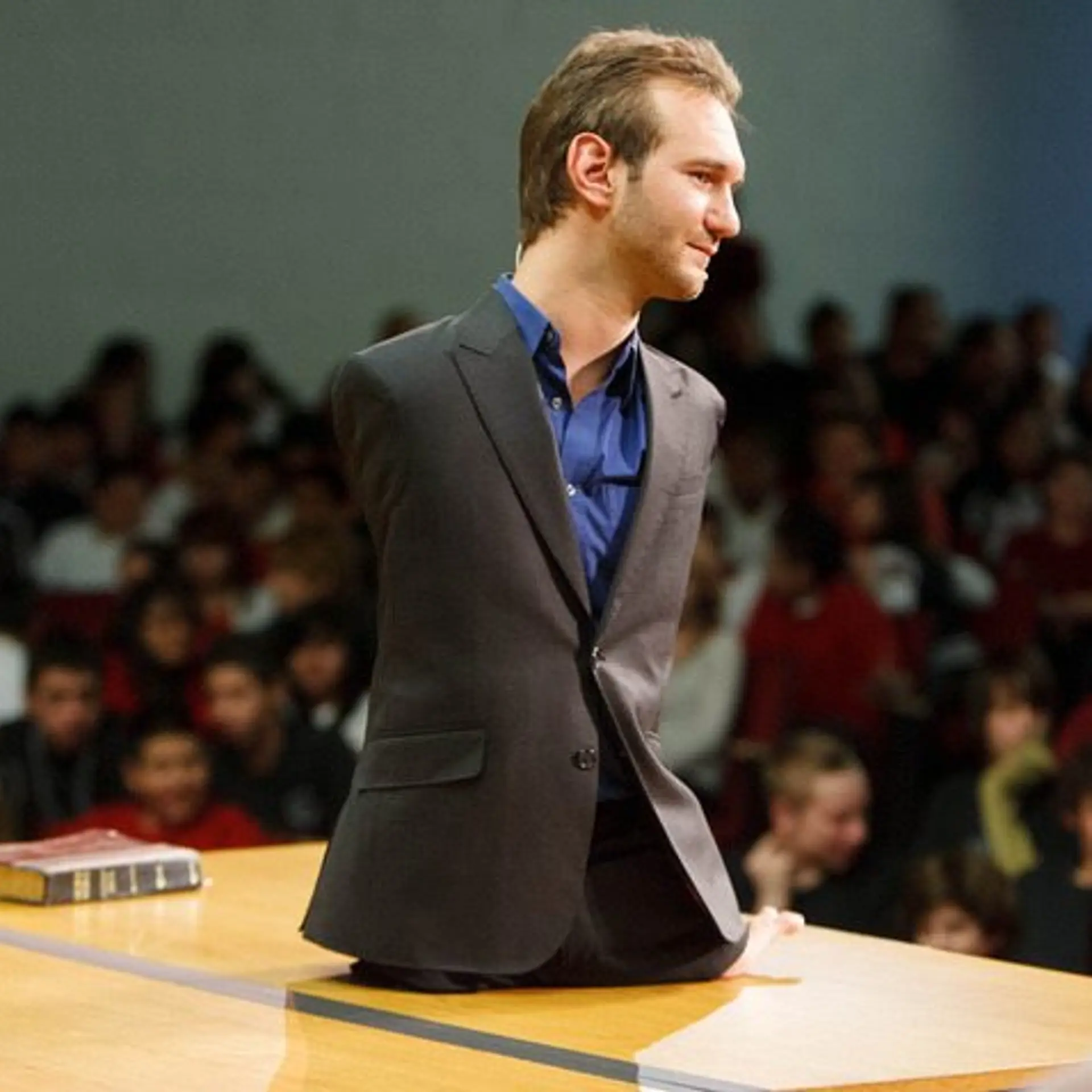

GST Impact on Weekend/Recreational Expenditure
GST is the biggest tax reform since independence introduced at the midnight of July 1, 2017. The impact of the same is expected to fall on the common man, since it is a indirect tax being regressive in nature. It was introduced with the slogan "One Nation, One Tax". However there are multiple rates as a result of which some items are bound to become expensive. My research is on weekend and recreation expenses.
“Weekends don't count unless you spend them doing something relaxing.”
With the introduction of the Goods and Services Tax on 1st July 2017 spending on leisure or recreation activities is expected to burn a hole in your pocket.
Below is a sample illustration:
Mr X and Mrs X are newly married. They are in their early 30’s. Mr X earns 7 Lakhs p.a. while Mrs X earns 7.56 Lakhs p.a. Hence their total income is 14.56 Lakhs (assuming net take home pay). They decided to follow a simple process of spending 25% of their income on Savings, Investments, Necessities and Recreational expenses respectively. 25% of Rs 14.56 Lakhs is Rs 3.64 Lakhs and hence per quarter the expense will be Rs 91000/- Below is their recreational expenditure of Rs 91,000 they are expected to spend for 13 weeks in the quarter.

*Note: This refers to the average rate of tax in India. It includes Entertainment tax, Service Tax, Value Added Tax and other local body taxes.
As you can see from the sample illustration above, the couple will have to spend 5% {(4545/91000)*100} more on recreational expenses on account of GST.
Leisure lowers Stress and Depression. Mental wellness is an important part of your overall health and can impact your physical well-being. Recreation activities can help you better manage stress and reduce depression.
GST is an indirect tax. In indirect tax the ultimate burden is passed on to the customer. The big question is at what rate is the burden to be passed on? After the launch of GST, those having an optimistic view feel that multiple rates of taxes ensure that the major demerit of indirect tax being regressive in nature is done away with. It will reduce disparities between the rich and the poor.
But those having other views, feel that there should be a single rate of tax since the rich will spend more and will have an increased tax burden even with the same rate. For instance, if a hotel room is booked by a middle class person usually in a 3 star with a tariff of Rs 5000 the person spends Rs 900 as GST i.e. at the rate of 18%. If a rich person books a hotel room in a 5 star, with a tariff of Rs 15000 the person spends Rs 2700 as GST at the same rate of 18% which is more than the Rs 900 spent by the middle class person. If the person is taxed at the current rate of 28% for 5 star hotel room then the person has to spend Rs 4200. The rich person will argue that this is a double punishment, since such a person is already paying more income tax charged at a higher slab rate.
Irrespective of the view and counter view mentioned above, Mr X and Mrs X will realise that there is an increase in their weekend expenses at an average rate of 5% as per the above illustration. Hence they will have only one question in their mind, “Kya yeh hai Achhe Din?”







